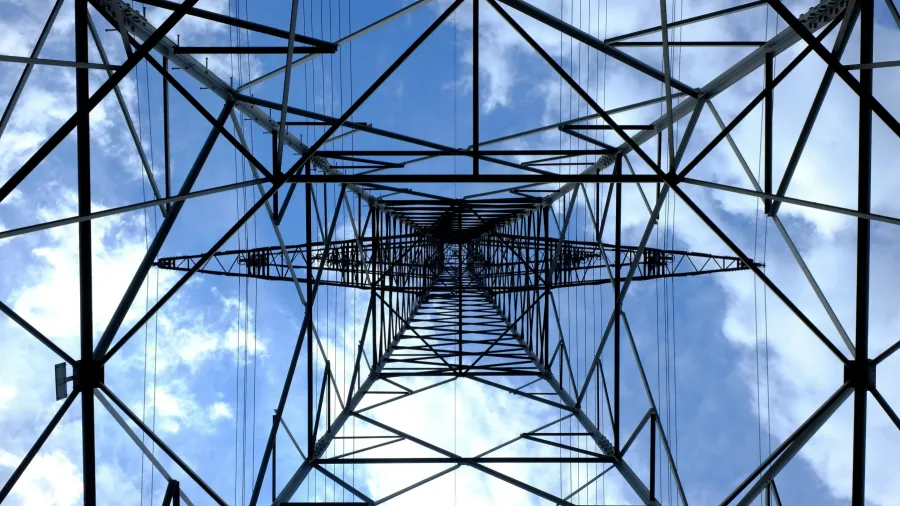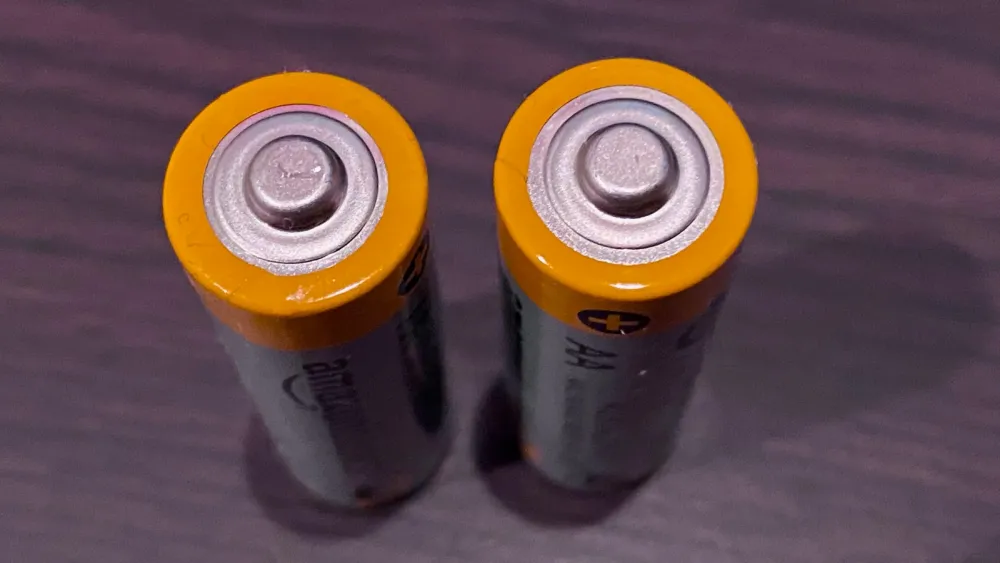
Japan develops battery storage using uranium
This uses depleted uranium produced from the generation of fuel for nuclear reactors.
The Japan Atomic Energy Agency (JAEA) has developed a storage battery made from depleted uranium, which holds the potential to optimise resource utilisation for a decarbonised future.
Japan currently has around 16,000 tonnes of depleted uranium, with some additional 1.6 million tonnes in various countries worldwide.
According to the Japan Atomic Industrial Forum, JAEA used depleted uranium produced in the process of enriching natural uranium for the production of fuel for nuclear reactors.
The principle behind conventional batteries is the phenomenon known as the “redox reaction,” in which materials having different ionisation tendencies exchange electrons, producing electricity in the process.
Given that the so-called oxidation number of uranium (a chemical characteristic) is between three and six, it was considered promising as a material for charging and discharging.
JAEA’s uranium battery will be used to control the fluctuating power outputs of renewable energies. The NXR Development Center of the JAEA Nuclear Science Research Institute initiated full-scale R&D based on its recognition that depleted uranium could be used as a resource.



















 Advertise
Advertise







